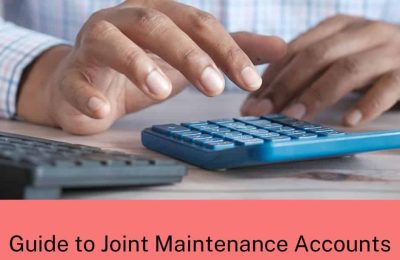As anyone involved in the private rented sector (PRS) in Scotland will know, the judicial body responsible for adjudicating on disputes, including eviction applications and claims for rent arears, is the First-tier Tribunal: Housing and Property Chamber (HPC), rather than the sheriff courts. This has been the case since 1 December 2017. The last statistical analysis of the HPC’s caseload was prepared for the period 1 April 2021 to 31 March 2022, but further figures have been received recently to cover the workload of the HPC for 2022 to 2023. What they reveal is a substantial increase in the number of cases being dealt with by the Housing and Property Chamber.
How many cases is the HPC dealing with?
There was a substantial increase in the number of cases dealt with by the HPC for the period April 2022 to March 2023 compared with the same period the year before. There was a total of 4596 applications received during that year. This was an increase of 37% on the previous year’s figures and is mainly down to an increase in the number of eviction cases. Of these cases, 84% related to PRS cases rather than other HPC jurisdictions.
Why was there an increase in cases?
The increase in applications arises due to a significant increase in eviction applications, which last year made up 60% of all applications received by the HPC, up from 37% of total applications the previous years. There was also a slight increase in the number of civil claims (for example for rent arrears), but as an overall percentage of the total claims lodged, the proportion fell quite noticeably from 33% in 2021 to 2022 to 27%.
Whilst the HPC does not gather data on the basis for eviction claims – for example whether they are based on rent arrears or that a landlord wants to sell – the drop in civil claims accompanying eviction claims could indicate that there are proportionately fewer eviction cases being raised because of rent arrears, and more being sought on other grounds such as the landlord wanting to sell. Certainly, that would fit in with anecdotal reports from those serving notices on behalf of landlords looking to sell properties and either exit the PRS or reduce their exposure to same. Even before the increase in interest rates and the more recent legislative interference, the Scottish Government’s own analysis suggested the trend was that the number of landlords serving notice because they wanted to sell, was on the increase.
What about other applications?
Beyond eviction applications and civil claims, the biggest category of claims were those relating to tenancy deposits and claims against landlords for failing to lodge deposits. These claims fell by 13% compared to the previous year. Although comparatively small in number, property factor cases rose by 28% and letting agent code of practice complaints rose by 46% (although the number of such letting agent claims was still low, being only 67 cases). Repairing standard claims by tenants and local authorities also rose by 19%.
Is there to be any further analysis?
It is expected that a more detailed analysis of the 2022 to 2023 figures will be published later this year (as was done in 2021 to 2022 mentioned above), which should either confirm or refute the suggestion that the increase in the number of eviction claims is down to a substantial increase in the number of landlords seeking to sell their properties.
What about the expected Housing Bill, will that change anything?
The latest announcement from the Minister for Zero Carbon Buildings, Active Travel and Tenants’ Rights (Patrick Harvie) is:
“We remain committed to bringing forward housing legislation to deliver the new deal for tenants and homelessness prevention duties. However, the exact timing is subject to ongoing discussion as part of wider legislative planning. The Government’s legislative programme for the coming parliamentary year will be announced in the autumn Programme for Government in the normal way.”
So, no new or good news there!
If you require any further information or advice, please contact us.












